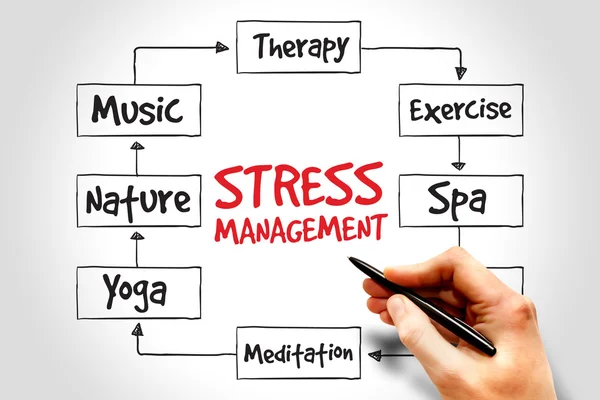Health Importance
- Health is important in our life for a multitude of reasons. Firstly, good health enables us to pursue our goals and aspirations with vigor and vitality.
- It provides us with the energy and strength to engage in physical activities, whether it's participating in sports, enjoying outdoor adventures, or simply carrying out daily tasks with ease.
- Moreover, being in good health positively impacts our mental and emotional well-being. It reduces the risk of mental health issues, enhances our mood, and allows us to cope better with stress and challenges.
- Additionally, good health is crucial for building and maintaining strong relationships. When we are healthy, we can actively participate in social activities, spend quality time with loved ones, and contribute positively to our communities.
- Furthermore, good health is the foundation for a productive and fulfilling life. It allows us to perform at our best, be it in our careers, education, or personal endeavors, and unlocks our full potential.
- Finally, taking care of our health is a long-term investment in our future. By adopting healthy habits and seeking preventative care, we can reduce the risk of developing chronic illnesses, increase our lifespan, and enjoy a higher quality of life as we age.
- Overall, health is the cornerstone of a happy, fulfilling, and meaningful life.
Balanced Diet :
Eat a nutritious and well-balanced diet that includes fruits, vegetables, whole grains, lean proteins, and healthy fats. Limit processed foods, sugary drinks, and excessive salt and sugar intake.
Engage in regular physical activity to keep your body strong and maintain a healthy weight. Aim for at least 150 minutes of moderate aerobic exercise or 75 minutes of vigorous exercise per week, along with strength training exercises.
Hydration :
Drink an adequate amount of water each day to stay hydrated. Water helps in digestion, nutrient absorption, circulation, and overall body function.
Sufficient Sleep :
Stress Management :
Find healthy ways to manage and reduce stress, such as practicing mindfulness, meditation, deep breathing exercises, or engaging in hobbies and activities that you enjoy.
Regular Check-ups :
Schedule routine check-ups with your healthcare provider to monitor your health, identify any potential issues early on, and receive appropriate preventive care.
Avoid Harmful Substances :
Limit or avoid tobacco, excessive alcohol consumption, and illicit drug use. These substances can have detrimental effects on your health and increase the risk of various diseases.
Mental Health Care :











Comments